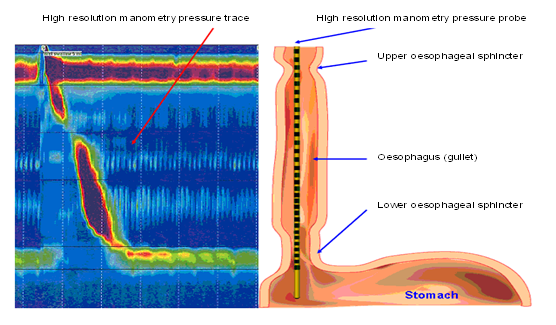Acid reflux occurs when the sphincter muscle at the lower end of your esophagus relaxes at the wrong time, allowing stomach acid to back up into your esophagus this can cause heartburn and other signs and symptoms frequent or constant reflux can lead to gastroesophageal reflux disease (gerd). Acid reflux teaching. Complications of gerd and acid reflux ulcers – stomach acid in the esophagus can cause ulcers these ulcers have the potential to bleed to check for bleeding ulcers, your doctor may recommend a stool sample test called hemocult stricture – damage caused by acid reflux can cause the esophagus to scar and narrow this is called stricture.
acid reflux teaching
Gastroesophageal reflux is a chronic disease that occurs when stomach contents flow back (reflux) into the food pipe (esophagus) it is usually caused by failure of the muscle valve (called the lower esophageal sphincter) between the stomach and the esophagus to close properly the backwash of stomach acid irritates the lining of. Acid reflux, or the backflow of stomach acid into the esophagus, throat or mouth, is the most noticeable symptom of gastroesophageal reflux disease (gerd). other symptoms include heartburn, coughing, post-nasal drip, difficulty swallowing, and even excessive erosion of tooth enamel.. If chronic acid reflux goes untreated, it can lead to inflammation and narrowing of the esophagus, precancerous changes, and cancer of the esophagus. persistent heartburn can be evaluated using a barium x-ray to look for ulcers, a ph test to check for stomach acid in the esophagus, gastric emptying tests, or endoscopy..


0 comments:
Post a Comment